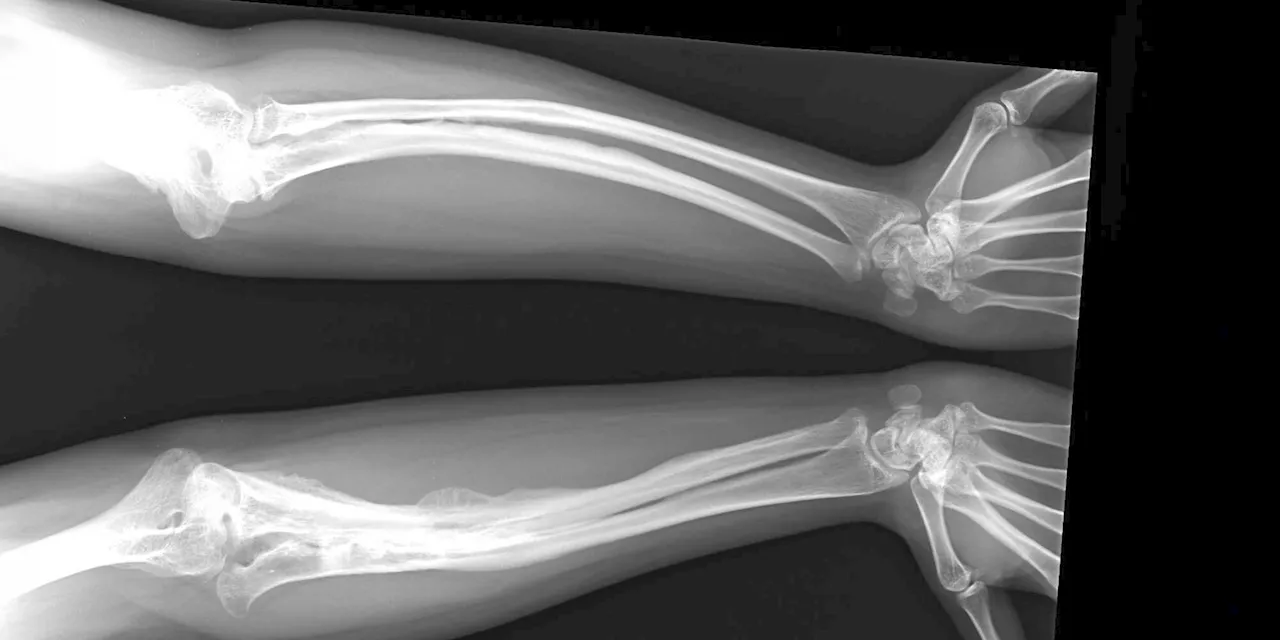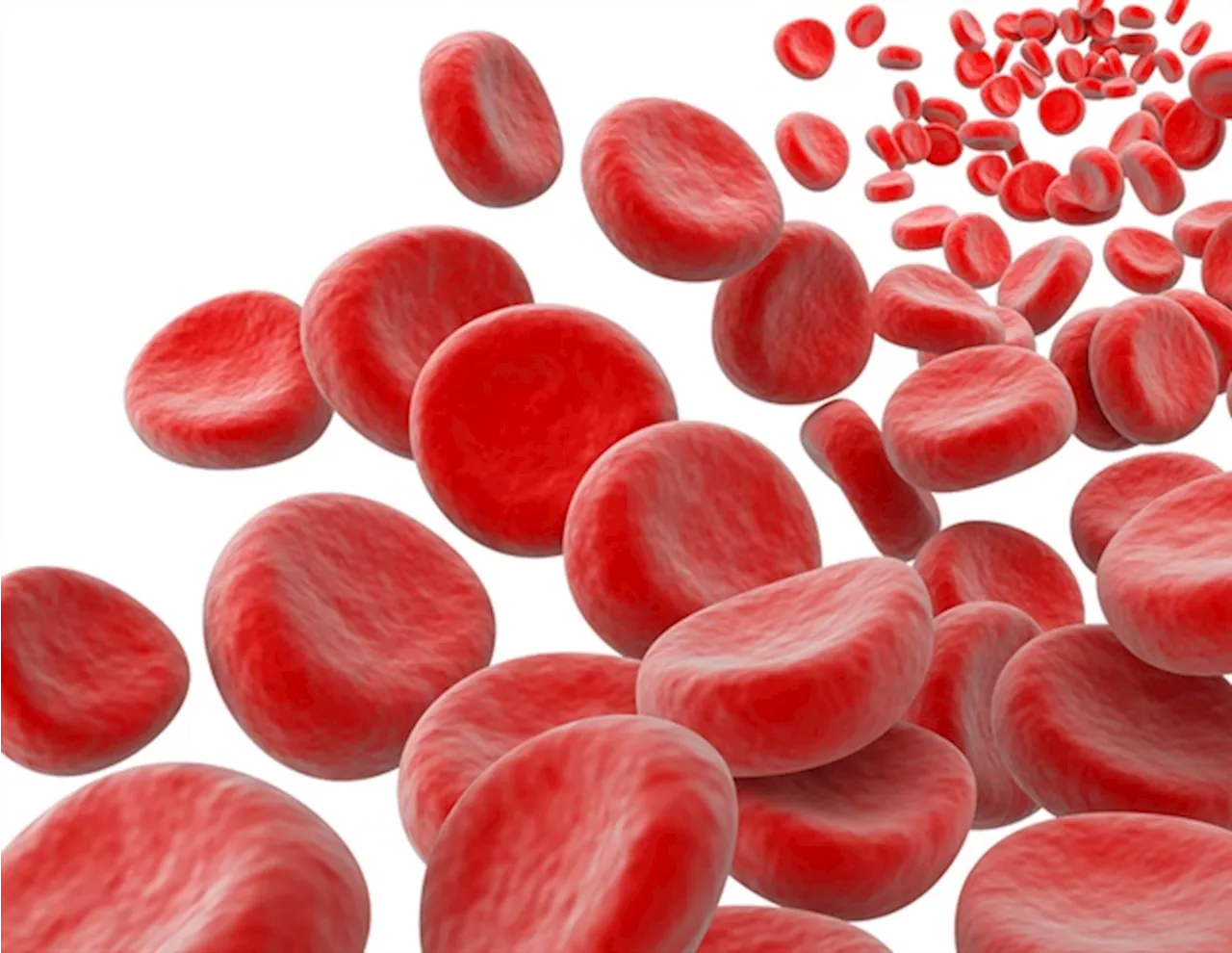Monocytes, a special type of white blood cell, secrete cytokines as inflammatory messengers that are crucial for an appropriate immune response.
University Hospital of Bonn Jul 8 2024 Researchers at the University Hospital Bonn and the University of Bonn have now discovered that platelets, also known as thrombocytes, communicate with monocytes and increase their inflammatory capacity. By understanding the platelet-monocyte interaction, they hope to improve the treatment of immune disorders and associated diseases.
Monocytes are white blood cells, known as leukocytes. They are an important part of the innate immune system and contribute to host defense in the blood by secreting large quantities of pro-inflammatory cytokines. Abnormal activity of monocytes leads to hyperinflammation, i.e. very severe inflammation, as well as life-threatening cytokine storms. On the other hand, disturbed monocyte function is associated with "immune paralysis".
"It is therefore crucial to understand how the functions of monocytes are regulated," says senior and corresponding author Prof. Dr. Bernardo Franklin from the Institute of Innate Immunity at the UKB and the Cluster of Excellence ImmunoSensation2 at the University of Bonn, explaining the motivation to investigate the role of platelets in the regulation of monocyte-induced inflammation.
Platelets as a central checkpoint in immune defense Platelets play a central role in blood clotting, but are also thought to perform important functions in the immune system. Prof. Franklin's research team has already identified platelets as an important regulator of inflammation. They now report that a low platelet count in the rare blood disorder immune thrombocytopenia or the artificial removal of platelets from healthy monocytes results in "immunoparalysis".
Related StoriesThe results of the study point to a new intercellular communication mechanism in which platelets regulate monocyte function. "Clinically, this suggests potential therapeutic strategies to counteract monocyte immune paralysis in conditions such as ITP and other inflammatory diseases with the addition of platelets," says Prof.
Platelets Cell Cytokine Cytokines Hospital Immune Response Immune System Immunity Inflammation Medicine Monocyte Paralysis Platelet White Blood Cell
United Kingdom Latest News, United Kingdom Headlines
Similar News:You can also read news stories similar to this one that we have collected from other news sources.
 New pathway in immune defense discovered: Interaction of monocytes and platelets decodedMonocytes, a special type of white blood cell, secrete cytokines as inflammatory messengers that are crucial for an appropriate immune response.
New pathway in immune defense discovered: Interaction of monocytes and platelets decodedMonocytes, a special type of white blood cell, secrete cytokines as inflammatory messengers that are crucial for an appropriate immune response.
Read more »
 Examination of trauma history questionnaire deepens understanding of vulnerable womenExposure to trauma is associated with many negative outcomes, especially for at-risk populations like incarcerated women and perinatal women. The Trauma History Questionnaire (THQ) is a common measure of exposure to trauma, but no published studies have validated the instrument with these two understudied groups.
Examination of trauma history questionnaire deepens understanding of vulnerable womenExposure to trauma is associated with many negative outcomes, especially for at-risk populations like incarcerated women and perinatal women. The Trauma History Questionnaire (THQ) is a common measure of exposure to trauma, but no published studies have validated the instrument with these two understudied groups.
Read more »
 From Battle Bus to Tactical Voting: Understanding the Terms of the U.K. ElectionFrom battle bus to tactical voting, U.K. elections have a distinct vocabulary that draws on traditions of parliamentary democracy as well as modern political slogans and spin.
From Battle Bus to Tactical Voting: Understanding the Terms of the U.K. ElectionFrom battle bus to tactical voting, U.K. elections have a distinct vocabulary that draws on traditions of parliamentary democracy as well as modern political slogans and spin.
Read more »
 Gaining a better understanding of brittle bone disease with 3D model featuring biodegradable hydrogel matrixFor someone suffering from brittle bone disease, life is fraught with complications. The slightest misstep, a seemingly harmless fall or even one false move can be all it takes to leave them with a broken arm or leg.
Gaining a better understanding of brittle bone disease with 3D model featuring biodegradable hydrogel matrixFor someone suffering from brittle bone disease, life is fraught with complications. The slightest misstep, a seemingly harmless fall or even one false move can be all it takes to leave them with a broken arm or leg.
Read more »
 Headache Behind the Eyes: Understanding the CausesWhile the cause of pain behind the eyes is normally due to a more benign source, several more serious conditions can lead to the manifestation of this phenomenon
Headache Behind the Eyes: Understanding the CausesWhile the cause of pain behind the eyes is normally due to a more benign source, several more serious conditions can lead to the manifestation of this phenomenon
Read more »
 Understanding salivary gland microenvironment to advance Sjögren's disease treatmentTLS are accumulations of lymphoid cells that share similar cellular compartments, organization, and function as secondary lymphoid organs. Importantly, the presence of these structures in inflamed salivary glands associated with active disease, increased autoantibody production, and malignancy risk.
Understanding salivary gland microenvironment to advance Sjögren's disease treatmentTLS are accumulations of lymphoid cells that share similar cellular compartments, organization, and function as secondary lymphoid organs. Importantly, the presence of these structures in inflamed salivary glands associated with active disease, increased autoantibody production, and malignancy risk.
Read more »
